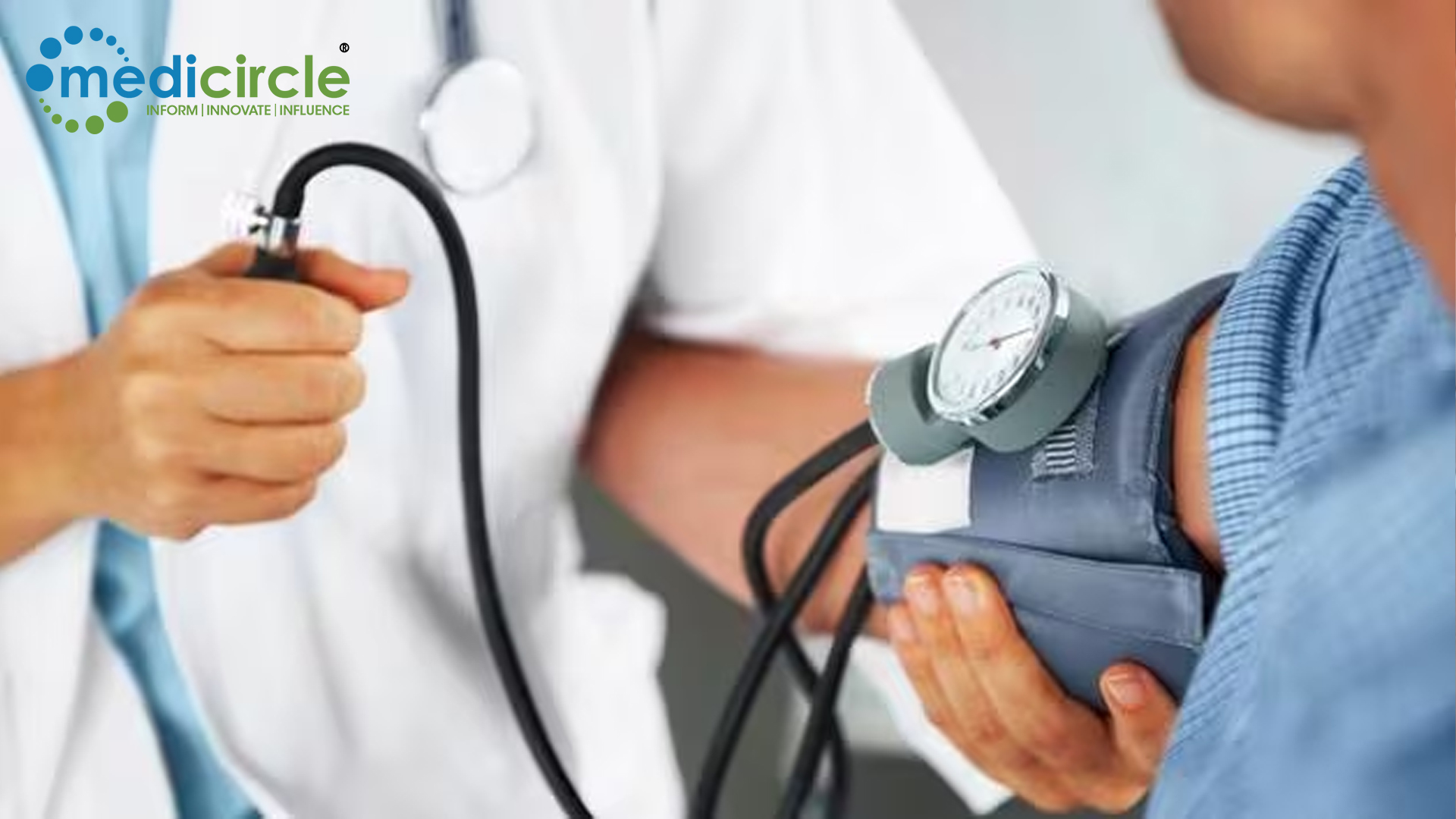In a recent study conducted by the ICMR — National Centre for Disease Informatics and Research (ICMR-NCDIR), alarming statistics have emerged regarding the awareness and monitoring of blood pressure among adults in India. The study, published in the International Journal of Public Health (IJPH), sheds light on significant gaps in blood pressure measurement, highlighting the need for increased awareness and preventive healthcare measures.
Key Findings of the ICMR-NCDIR Study: The study reveals that nearly 3 out of 10 individuals aged between 18 and 54 years in India have never had their blood pressure measured. This lack of awareness is concerning, given the critical role that blood pressure plays in overall health and wellbeing.
Regional Disparities in Blood Pressure Monitoring: According to the study, the southern parts of India exhibit higher rates of blood pressure measurement awareness, with an average of 76% of individuals having their blood pressure checked at least once in their lifetime. States and Union Territories like Lakshadweep (91%), Kerala (89%), Tamil Nadu (83%), and Puducherry (83%) stand out for their proactive approach towards blood pressure monitoring.
In contrast, certain regions and states in north, central, east, west, and northeast India report comparatively lower rates of blood pressure monitoring. For instance, states like Madhya Pradesh (62.4%), Chhattisgarh (62%), Rajasthan (58%), Odisha (56%), Jharkhand (60%), Gujarat (58%), and Nagaland (58%) exhibit lower levels of blood pressure awareness.
Understanding High Blood Pressure: High blood pressure, also known as hypertension, is a condition where the pressure in your arteries is higher than normal. It is considered a precursor to several critical illnesses, including heart attack, stroke, and kidney failure. Early detection and management of high blood pressure are crucial for preventing these life-threatening conditions.
Prevalence of Pre-hypertension: The study also highlights the prevalence of pre-hypertension across different districts in India, with an overall rate of 34%. Pre-hypertension is a condition where blood pressure levels are elevated but not yet classified as hypertension. Identifying individuals with pre-hypertension is essential for implementing preventive measures and lifestyle modifications to prevent progression to hypertension.
Role of Blood Pressure Monitoring in Preventive Healthcare: Regular monitoring of blood pressure is very important for preventive healthcare. Routine blood pressure checks can help identify individuals at risk of developing hypertension or related complications at an early stage. Simple lifestyle changes, such as maintaining a healthy diet, regular exercise, and stress management, can significantly reduce the risk of high blood pressure and associated health problems.
Importance of Awareness Campaigns: Given the significant gaps in blood pressure awareness across different regions of India, there is a pressing need for targeted awareness campaigns and community outreach programs. Educating individuals about the importance of blood pressure monitoring and promoting preventive healthcare practices can empower people to take charge of their health and well-being.
Empowering Communities for Better Health Outcomes: Addressing the awareness gap in blood pressure monitoring requires a collaborative effort involving healthcare providers, policymakers, and community stakeholders. By fostering a culture of proactive health screening and preventive care, we can significantly reduce the burden of hypertension-related illnesses and improve overall health outcomes across the nation.
The findings of the ICMR-NCDIR study showcases the importance of prioritizing blood pressure monitoring as a fundamental aspect of preventive healthcare. By promoting awareness, improving access to healthcare services, and advocating for healthy lifestyle choices, we can empower individuals to lead healthier lives and mitigate the impact of hypertension on public health. Together, we can bridge the awareness gap and pave the way towards a healthier and more resilient India.

 According to the study, the southern parts of India exhibit higher rates of blood pressure measurement awareness in comparison to the northern states, with an average of 76% of individuals having their blood pressure checked at least once in their lifetime.
According to the study, the southern parts of India exhibit higher rates of blood pressure measurement awareness in comparison to the northern states, with an average of 76% of individuals having their blood pressure checked at least once in their lifetime.










.jpeg)

.jpg)


















.jpg)